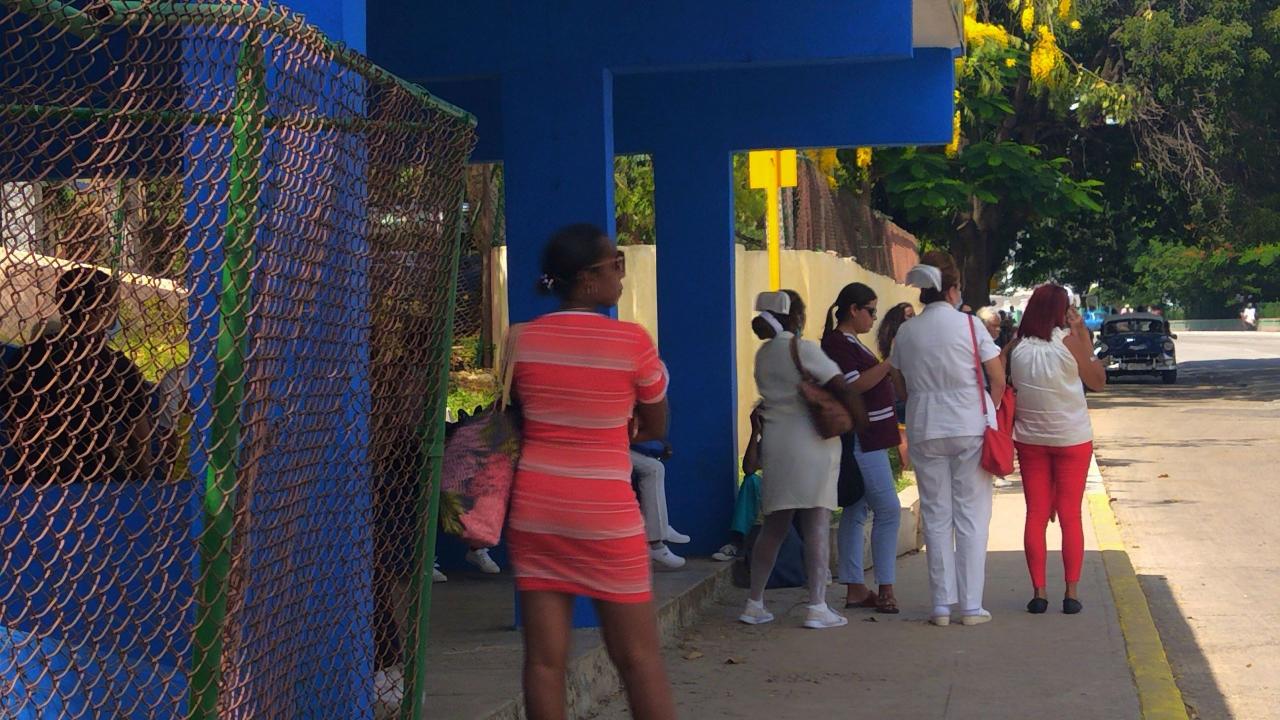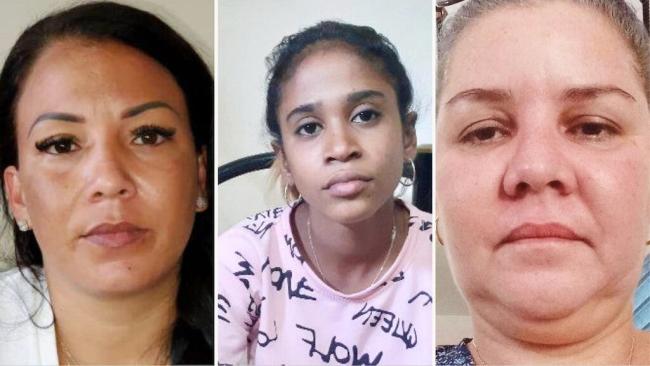The Gender Observatory of the feminist magazine Alas Tensas (OGAT) published the names of two of the most recent femicide victims in Cuba, after completing the fact-checking processes.
They were María Cristina Rodríguez Rodríguez and Milsa, murdered in Santiago de Cuba and Granma, respectively.
The first was a 43-year-old woman who resided in the Santiago community of Songo la Maya. She had been reported missing 72 hours earlier and her body was found on June 2, in a river, with signs of rape, according to the independent Cubanet media, citing an "expert examination" and verified by OGAT.
The femicide of Rodríguez Rodríguez raised to at least eight those that occurred last May in Cuba, according to independent observatories.
Milsa, 46, a resident of Mabay, Granma, was killed by her husband, the father of the youngest of her two sons.
On Facebook, journalist Alberto Arego reported this violent event, which was later confirmed. Community sources said that it happened in front of several people, according to OGAT.
The event took place on June 2, five days before the femicide of Anisleysi Rodríguez, 34, in Cerro La Habana.
The latter, which brought to 38 the number of deaths from VAW on the island so far in 2023, was reported by OGAT and the Yo Sí Te Creo (I Believe You) platform in Cuba, while verifications of the other two events were being completed.
With the death of Milsa and Anisleysi Rodríguez, three events of this nature have been recorded in June by the independent observatories.
Thus far, February, with nine victims, was the month in which the most femicides were verified in 2023. May is now the second month, with eight confirmed. In January, seven were confirmed; in April, six; and in March, five.
Of the 38 femicides recorded by independent observatories in Cuba through June 12, six were verified in the last week. In addition, two failed attempts have been reported so far this year.
As Yo Sí Te Creo noted in a Facebook post, there has been a 50% increase in cases from 2022, when 36 were verified, to 2023 (38 in less than six months). Miguel Díaz-Canel, however, only made public reference to the problem last April, when there had already been 23 femicides. At the time, the president announced on his Twitter account that there would be "zero tolerance" for Violence Against Women.
On June 8, when the number of femicides in Cuba was already 35, the regime's Federation of Cuban Women (FMC) presented the Observatory of Cuba on Gender Equality, which Díaz Canel described as "an essential tool, which will allow us to continue advancing in the protection of women."
However, the presentation made no reference to the alarming increase in deaths as a result of machista violence on the island. Feminicide was referred to as "intentional gender-based homicide."
The Cuban authorities insist on refusing to classify the deaths of these women as femicides, seeking to evade their responsibility in the matter, and putting the causes down to, above all, cultural and educational reasons.
The FMC's Cuban Observatory on Gender Equality comes three years after the organization itself presented its National Program for the Advancement of Women, which it offered as an initiative to confront sexist violence.
On the launch of this state observatory, the feminist magazine Alas Tensas said it hopes that it will use the right terms to refer to the murders of women constituting VAW, and that its creation will not serve only the regime's interest, burnishing its image.
"If the FMC is presenting the Cuba Observatory on Gender Equality today, it is because feminist activists, independent observatories and civil society organizations have pushed for this to happen," Alas Tensas said on Twitter.
Thanks to the work of independent feminist groups, in December 2022 Cuba was included, for the first time, in its report called the Latin American Map of Femicides, due to the increase of this problem on the island and the lack of concrete public policies to deal with it.
"We expect this official observatory to offer up-to-date figures, responsible analysis and a gender perspective. Putting an emphasis on prevention and redress, and using the right terms for gender-based crimes: femicide," Alas Tensas tweeted.
One of the main demands of Cuban activists has been the inclusion of femicides in the Criminal Code, in addition to the approval of a comprehensive caw against gender violence, but neither has been undertaken by a regime that claims to defend women.



